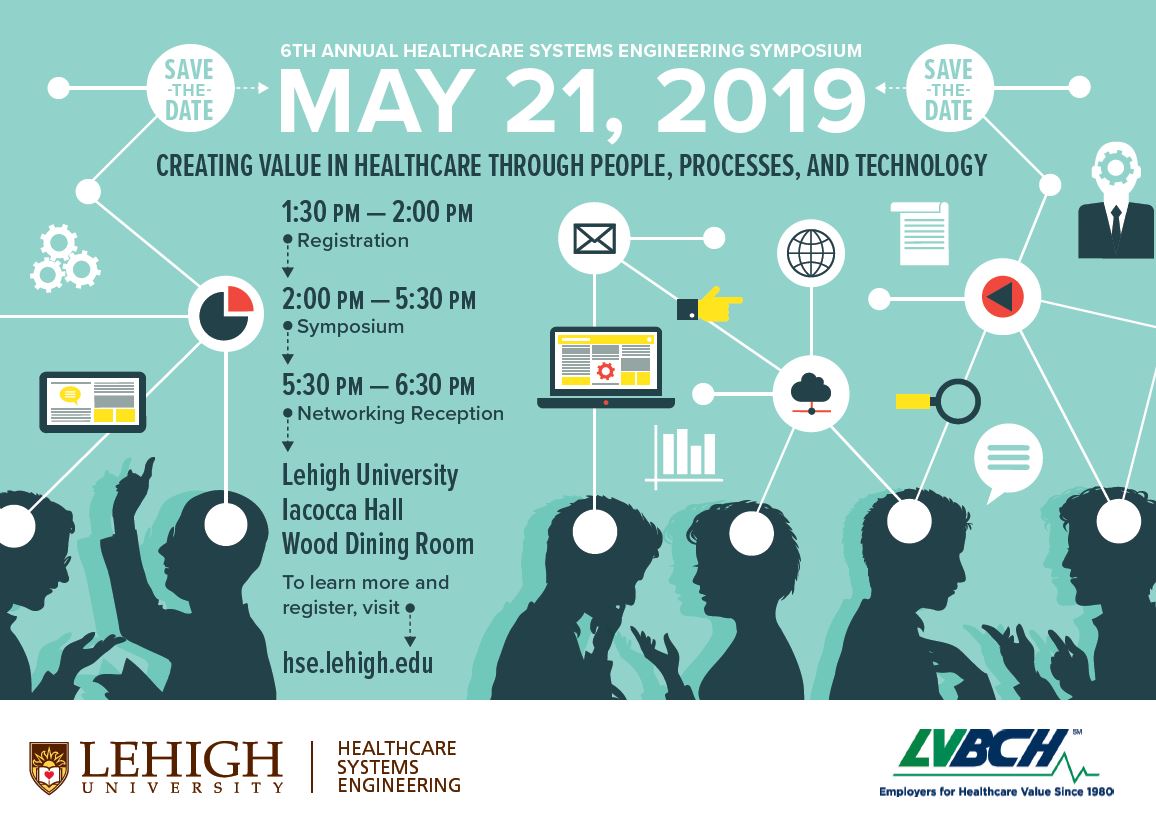The concept of “value” is pretty straightforward if you’re talking about, say, a used car.
But in a healthcare context, it’s a buzzword that means a lot of things to a lot of different people.
Patients might define value in terms of out-of-pocket costs. Doctors may view it in terms of reimbursement rates and treatment success. Insurers often take metrics like member satisfaction and long-term outcomes into account. And employers want to see workers present and productive as a result of their investment in benefits.
“The way the healthcare finance system works in the United States is broken in the sense that it tends to not encourage the type of behavior you would want to see,” says Ana Alexandrescu, director of the Healthcare Systems Engineering (HSE) program at Lehigh University. “For example, we pay providers for treating sick people, so the incentive, if you want to make money, is to have more and more sick people and treat the heck out of them.”
But as healthcare transitions to a “value-based” model, Alexandrescu says, the question becomes, “How do you build a financing mechanism that doesn’t bankrupt an entire industry and starts shifting the focus from treating sick people to making and keeping people healthy?”
That issue is at the heart of the sixth annual Healthcare Systems Engineering Symposium held in conjunction with the Lehigh Valley Business Coalition on Healthcare (LVBCH), a nonprofit coalition of employers striving to provide access to quality affordable healthcare for their employees. The May 21 event, “Creating Value in Healthcare Through People, Processes, and Technology,” will take place at Iacocca Hall on Lehigh’s Mountaintop Campus and bring together representatives from key players in the regional healthcare space, area employers, and Lehigh faculty and alumni.
“The goal is to offer up all of these varied perspectives and get people talking about how you conceptualize value,” Alexandrescu explains, “because something of value in a system like healthcare that has all these different viewpoints must be of value for everybody involved.”
The afternoon event begins with a series of presentations from Alexandrescu, who is also a professor of practice in Lehigh’s HSE program; Allison Hess, associate vice president of health and wellness for Geisinger; and John Grimm, corporate vice president of research and development at B.Braun Medical.
A panel discussion moderated by Anne Baum, vice president, Lehigh Valley for Capital BlueCross, will feature Tom Sibson (BAYADA Home Health Care), Kay Ellen Werhun (Lehigh Valley Health Network), James Balshi (St. Luke’s University Health Network), Tami Hutchison (Remedy Partners), and Jeff Stauffer (Stauffer Glove and Safety).
Lehigh’s Healthcare Systems Engineering master’s degree and certificate programs attract students from a variety of educational and industry backgrounds—including engineering, science, medicine, business, and mathematics—and teach them the technical skills necessary to analyze healthcare systems, identify inefficiencies, and propose solutions or new processes to improve the overall quality and efficiency of healthcare. Through project-based learning, students collaborate with industry partners institutions to gain hands-on experience in addressing real-world problems.
“We’re giving students the tools to make good decisions based on data,” Alexandrescu says, “and preparing them to take on positions of influence in healthcare.”

